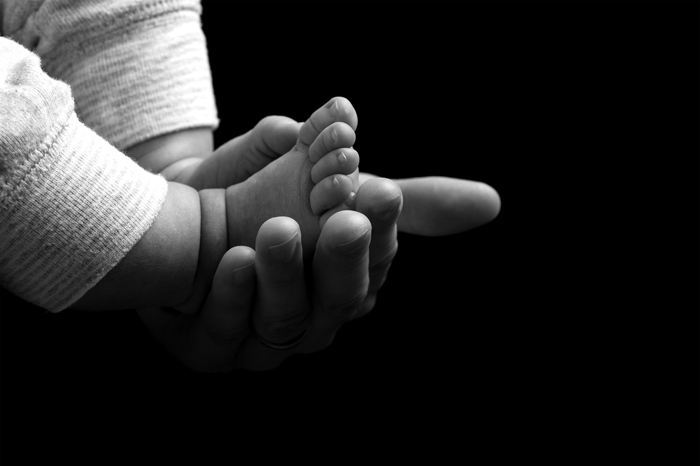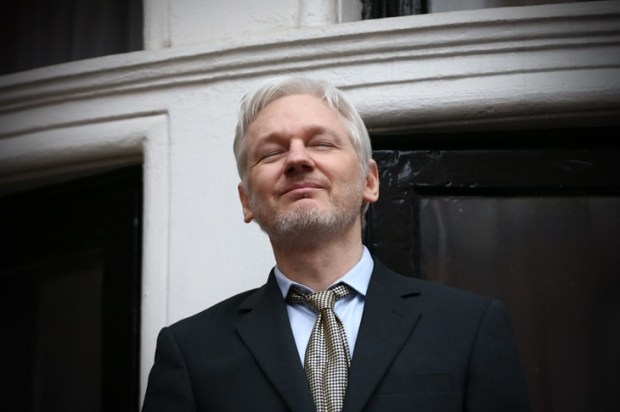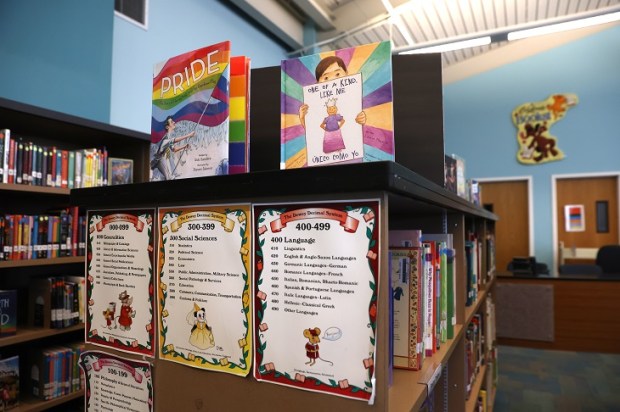In 2017, West Australian couple Byron and Keira Hordyk were rejected as ‘unsafe’ by fostering agency, Wanslea Family Services, to provide foster care to vulnerable infants and toddlers in the child protection system. Their application was rejected because of their traditional Christian views on marriage and sex.
Five years later, the Hordyks have won their legal case against Wanslea and been awarded damages.
Already a subscriber? Log in
Subscribe for just $2 a week
Try a month of The Spectator Australia absolutely free and without commitment. Not only that but – if you choose to continue – you’ll pay just $2 a week for your first year.
- Unlimited access to spectator.com.au and app
- The weekly edition on the Spectator Australia app
- Spectator podcasts and newsletters
- Full access to spectator.co.uk
Or


























Comments
Don't miss out
Join the conversation with other Spectator Australia readers. Subscribe to leave a comment.
SUBSCRIBEAlready a subscriber? Log in